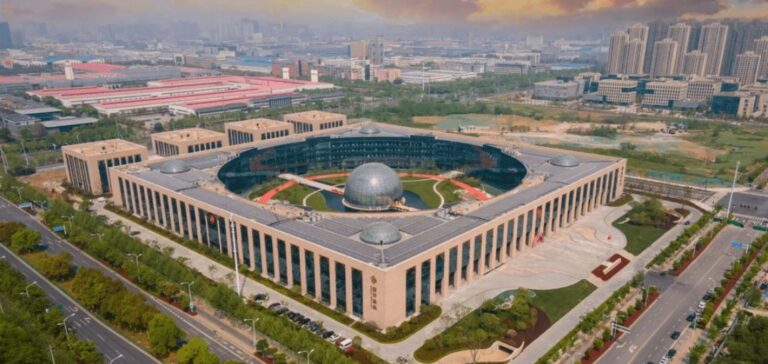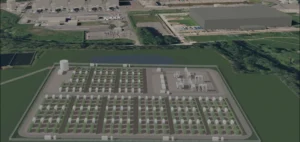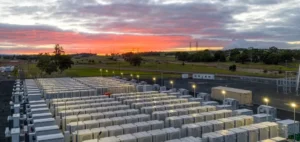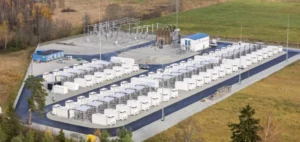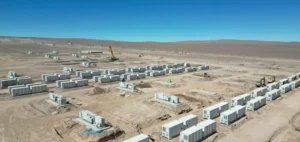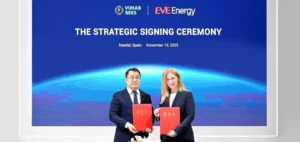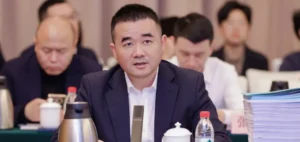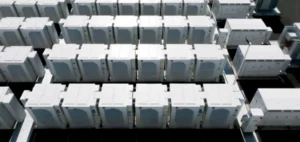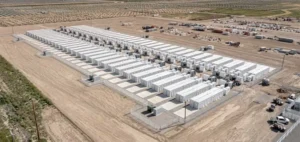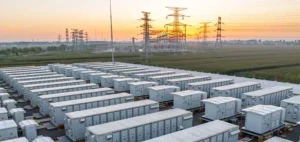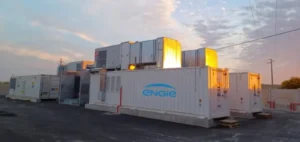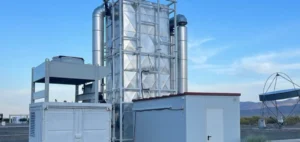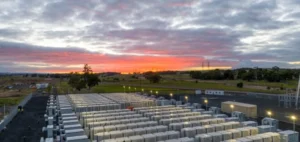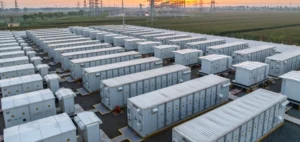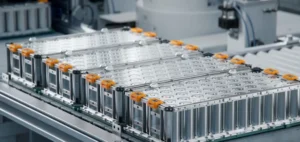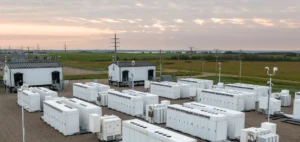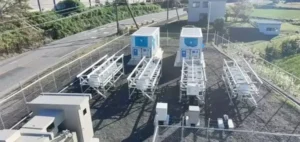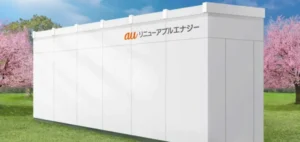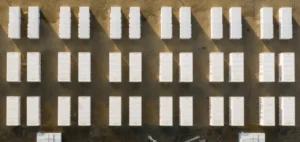Chinese group Gotion High-Tech Co., Ltd. has announced the completion of its first pilot production line for the GEMSTONE all-solid-state battery, with a capacity of 0.2 gigawatt-hours (GWh). This development comes less than a year after the product’s launch and is part of the group’s industrial strategy to establish a next-generation energy storage offering.
90% yield and enhanced electrochemical performance
According to data presented at Gotion’s Global Technology Conference held on May 16 and 17 in Hefei, the pilot line has achieved a 90% yield rate, while the 2025 version of the battery offers 150% higher cell capacity compared to previous iterations. The ionic conductivity of the sulfide-based electrolyte has been improved by 60%, and the pre-tension stacking pressure reduced by 90%.
The GEMSTONE battery is now undergoing road testing, following safety validations including nail penetration, crush, and thermal stability tests. This testing phase precedes a potential industrial scale-up, although no commercial deployment timeline has been disclosed.
Parallel development in quasi-solid and heavy-duty battery systems
In parallel, Gotion is advancing its G-Yuan quasi-solid-state battery, designed to power electric vehicles over 1,000 kilometres thanks to an energy density of 300 Wh/kg. A 12 GWh production line is under construction, and prototype vehicles have already surpassed 10,000 kilometres in road testing.
The group has also introduced the G-Series, a 116 kWh battery pack intended for heavy-duty trucks. It supports megawatt-level ultra-fast charging and offers a lifespan of 12 years or 10,000 cycles, with no capacity loss during the first 3,000 cycles.
Stationary storage systems and AI-based manufacturing solutions
For stationary energy storage, Gotion has unveiled its Grid Q system, which delivers 20 MWh per unit—described as the highest in its class. Equipped with a hybrid air-liquid cooling system and a seven-level safety framework, it is designed for a 25-year operational life and optimised performance through artificial intelligence.
Additionally, the Astroinno Gen-2 system, based on lithium manganese iron phosphate (LMFP) chemistry, achieves an energy density of 240 Wh/kg and recharges in 10 minutes. It retains 93% of its capacity at -20°C and meets the range requirements of 850 km for fully electric vehicles and more than 1,500 km for plug-in hybrid electric vehicles.
The company has also introduced “Axtrem”, an industrial platform powered by artificial intelligence, aimed at enhancing production yield and reducing manufacturing costs across its production lines.


